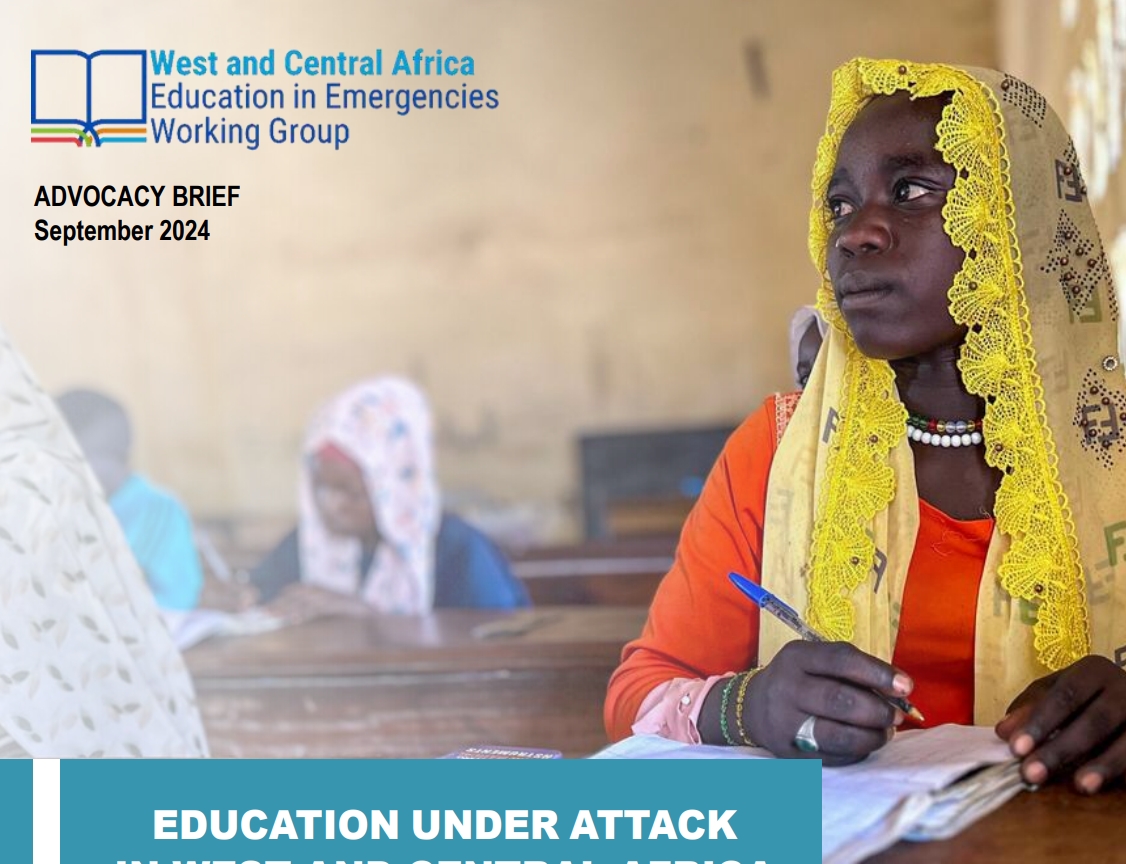To mark the UN International Day to Protect Education from Attack, the WCA Regional Education in Emergencies Working Group has updated its annual advocacy note on attacks on education in West & Central Africa. The situation remains alarming, as this year, the number of school closures due to insecurity in West and Central Africa has continued to rise, increasing from 13,250 in June 2023 to 14,364 in June 2024. These closures have impacted 2.8 million children, up from 2.5 million the previous year. Many of these children have been out of school for years.
Countries like Burkina Faso, Mali, Cameroon, and the Democratic Republic of Congo (DRC) have been particularly hard-hit. The closure of schools not only deprives children of education, jeopardizing their futures, but also exposes them to grave risks such as recruitment by armed groups, child labour, physical violence, and sexual exploitation.
Yet, despite the alarming situation, there are signs of progress in some areas. In Mali and the Central African Republic, the number of attacks on educational institutions decreased between 2022 and 2023, thanks to reduced violence in certain regions. In Burkina Faso, approximately 1,300 schools have reopened this year in areas under government control, enabling thousands of children to return to school. This demonstrates that positive change is possible when political will and concerted efforts are aligned. Such efforts must be expanded and intensified to offer children affected by conflict the chance for a brighter future.
The WCA regional EiE working group calls governments, with support of their partners, to:
- Adopt holistic, integrated and multisectoral approaches to the implementation of the Safe School protocols and frameworks
- Immediately negotiate the non-occupation of schools by parties to conflict and the re-opening of closed schools
- Develop and implement response plans based on quantitative & qualitative data, prioritizing the most at risk
- Reinforce alternative, innovative, accelerated, and flexible learning solutions for educational continuity
- Expand and improve psychosocial support to children, their teachers, and caregivers
- Increase predictable flexible and long-term financing for education in emergencies

